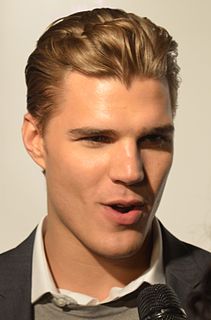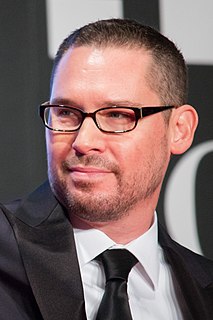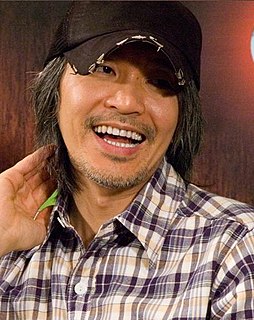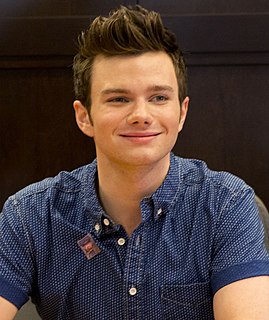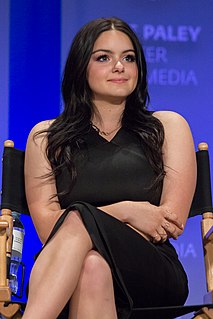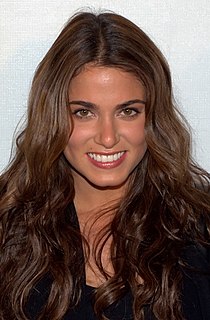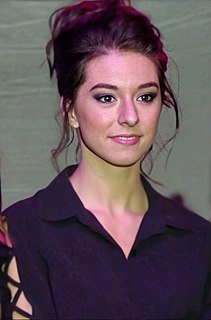A Quote by Edward Snowden
I built my own studio. I don't have the professional language to describe it because I'm not a videographer - but I'm a technician. So I get the camera, I get all the things that translate the camera to the computer, I set up a live session, I do the security on it, I set up a background so I can key it out, like newscasters do, and replace it with whatever I want - and I can be anywhere I need to be.
Related Quotes
The difference between an amateur and a professional photographer is that the amateur thinks the camera does the work. And they treat the camera with a certain amount of reverence. It is all about the kind of lens you choose, the kind of film stock you use… exactly the sort of perfection of the camera. Whereas, the professional the real professional – treats the camera with unutterable disdain. They pick up the camera and sling it aside. Because they know it’s the eye and the brain that count, not the mechanism that gets between them and the subject that counts.
The difference between a regular camera and a 3D camera, for an actor, is really no different except that the turn-arounds are longer. It takes a lot longer to set up a shot because the cinematographer is really trying to set up a whole world, so it can't be more intricate and more beautiful to the viewers, in 3D.
Making photos is helpful of course to master the craft. To get comfortable with the camera. Learn what a camera can do and how to use the camera successfully. Doing exercises for example if you try to find out things that the camera can do that the eye cannot do. So that you have a tool that will do what you need to be done. But then once you have mastered the craft the most important thing is to determine why you want to shoot pictures and what you want to shoot pictures of. That's where the thematic issue comes to life.
Jack [Nicholson] really knows about the camera. He's one of the directors who likes to play with the camera. He'll change things around, play with lighting, things like that. He'll even spend hours on the set-up for an insert shot. He's an interested person who gets involved in all the aspects of the films he is making.
A lot of people live in fear because they haven't figured out how you're going to react when faced with a certain set of circumstances. I've come to terms with this by looking deeply into whatever makes me fearful - what are the key elements that get the hairs up on the back of my neck - and then figuring out what I can do about it.
Zooming in, zooming out. I was shocked. I said, "Let's erase this right now, put the camera behind the stage and I'll do the performance just for the camera." He set up everything and I told him to go outside and smoke a cigarette. Come back when I finish. Don't touch the camera. This was the way how I've done most everything after that.
When I was an actor in some movies a long time ago, I was so curious about all the camera movements - why is the camera placed here, and why does it move like this? And why the set and the background, the color? It's a lot of questions for me to ask, because I was so interested, not only in acting, but also the whole process of filmmaking.
When I've had to edit my albums, I'll listen to it one time through, and I'll make edits. I want to remember to set up a camera to record myself listening to my set, because I don't even slightly crack a smile, I am just listening for technical details, and I look like somebody that has absolutely no sense of humor. I look insane.


